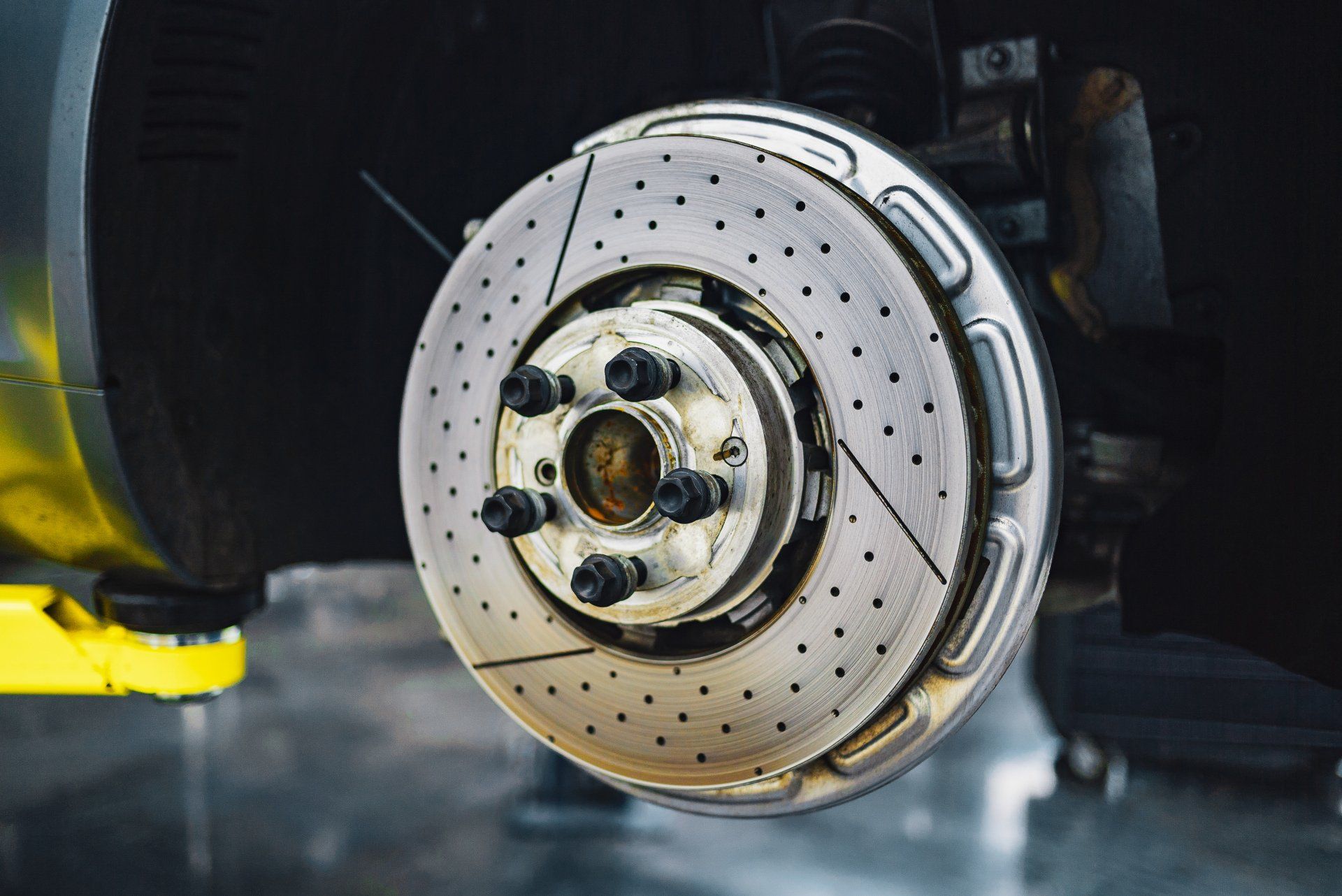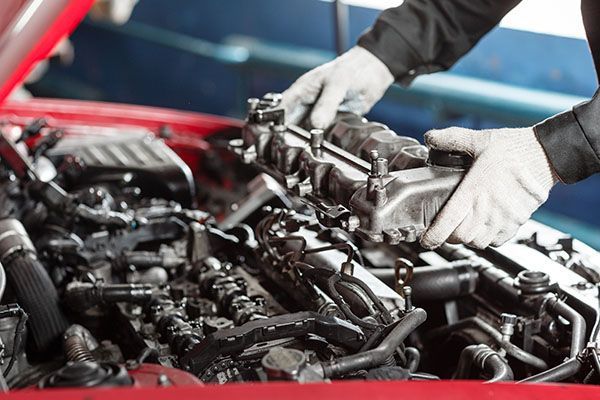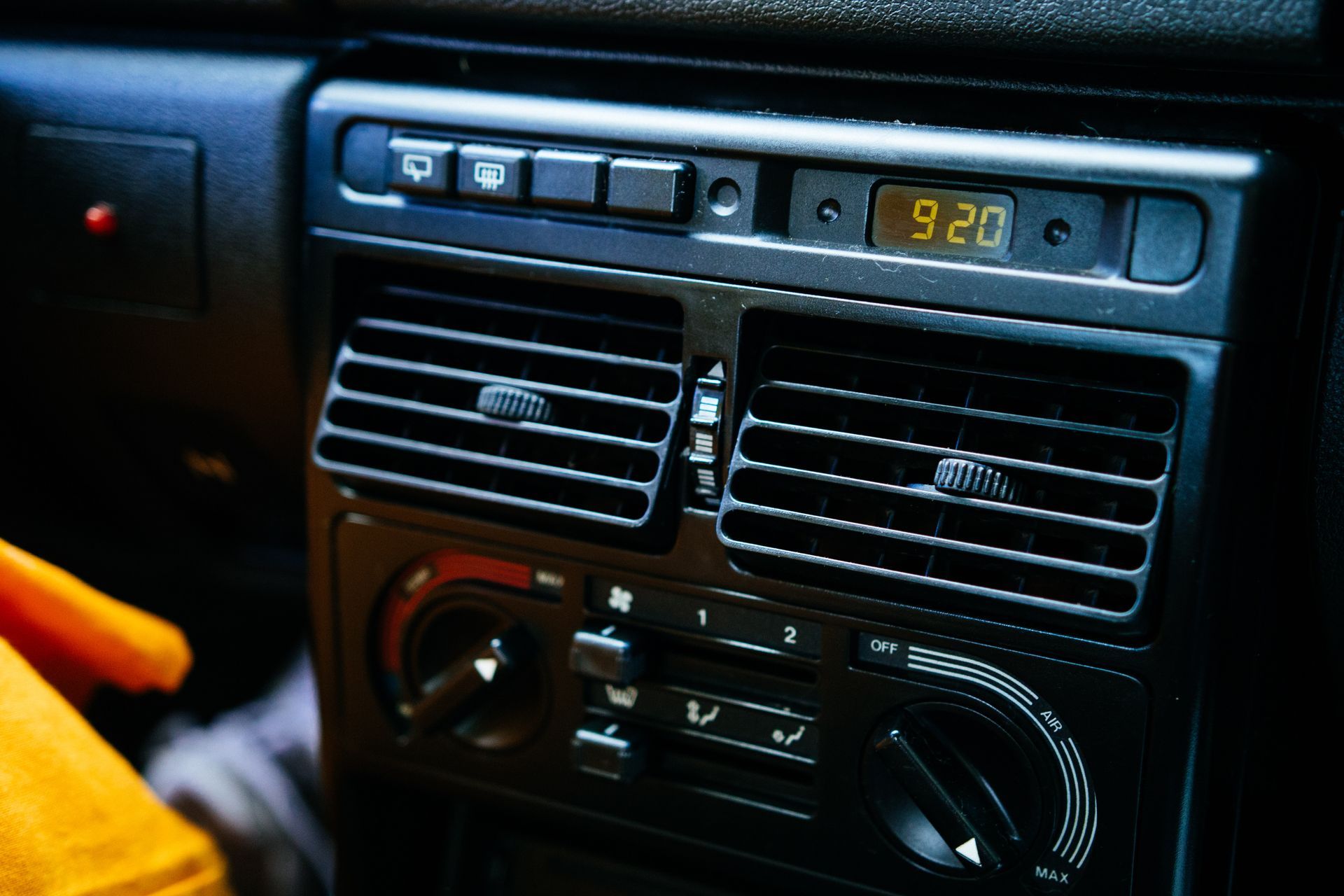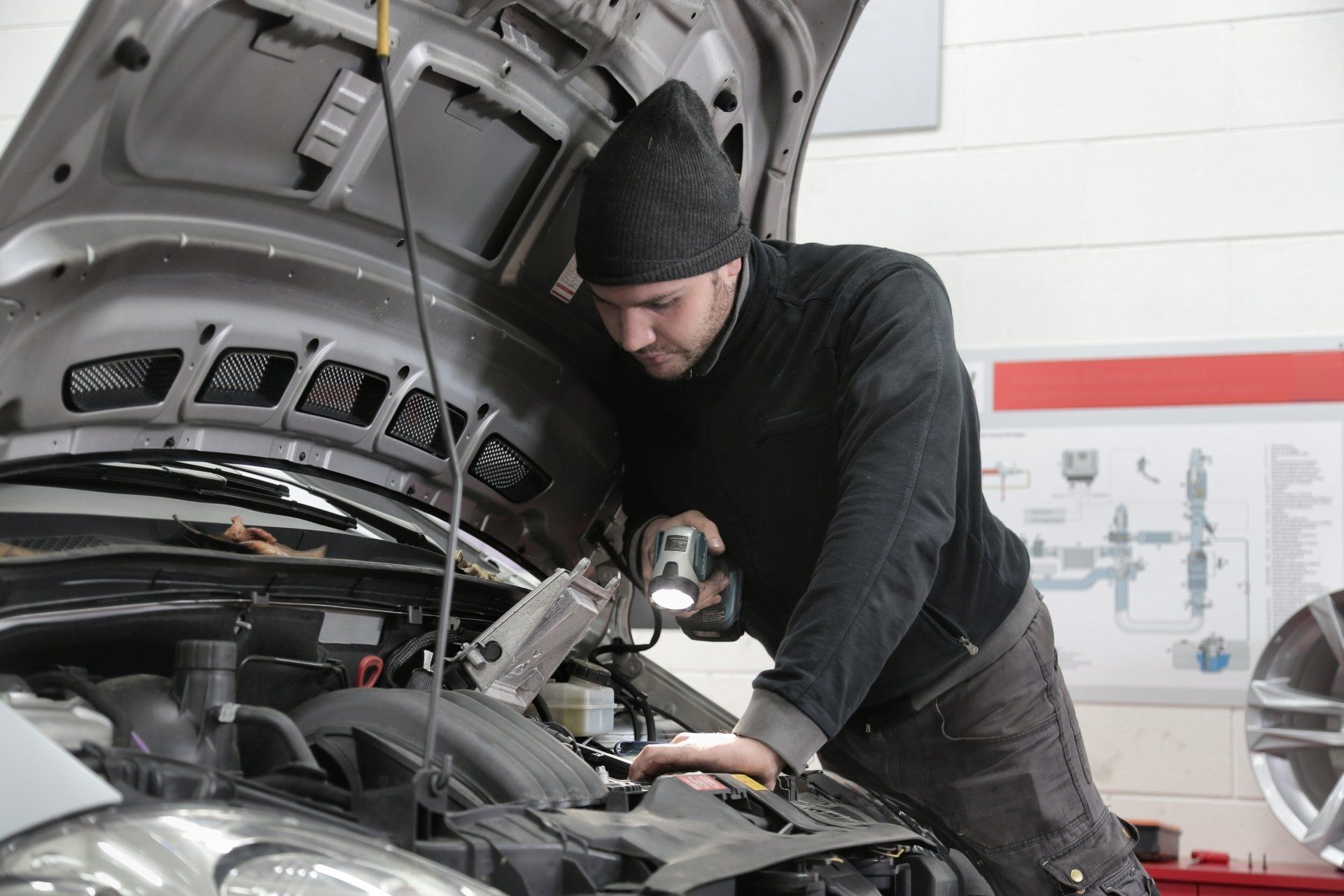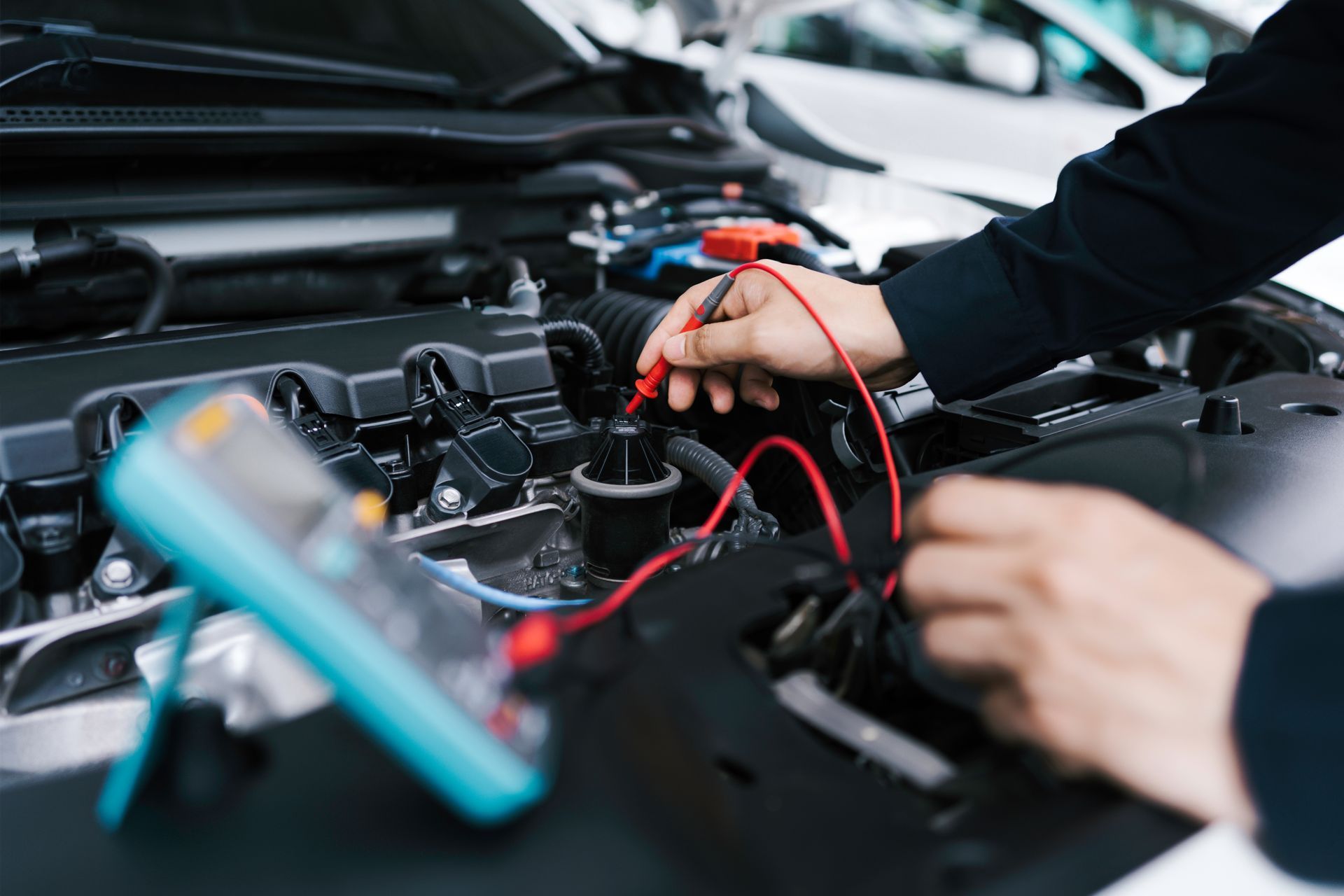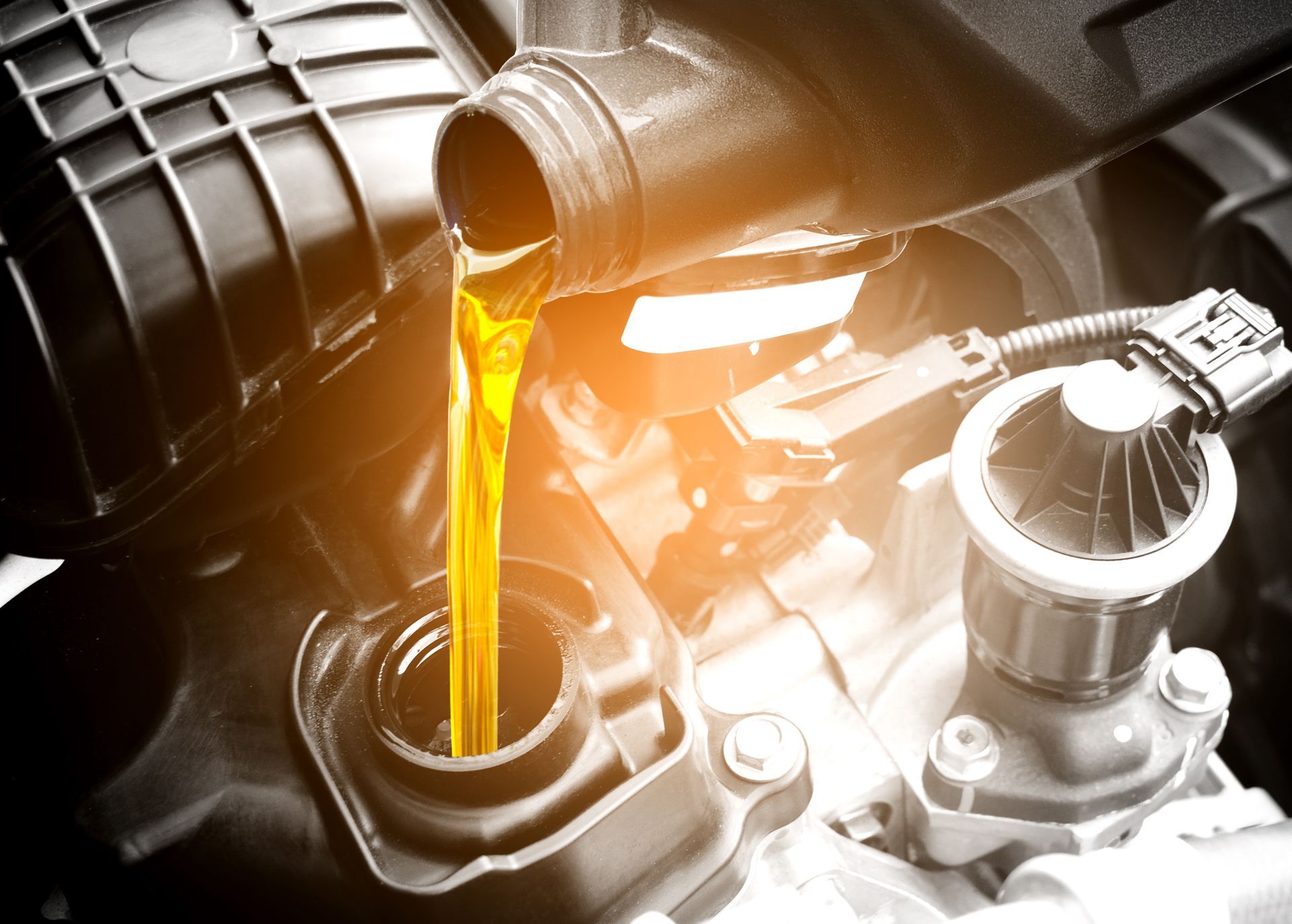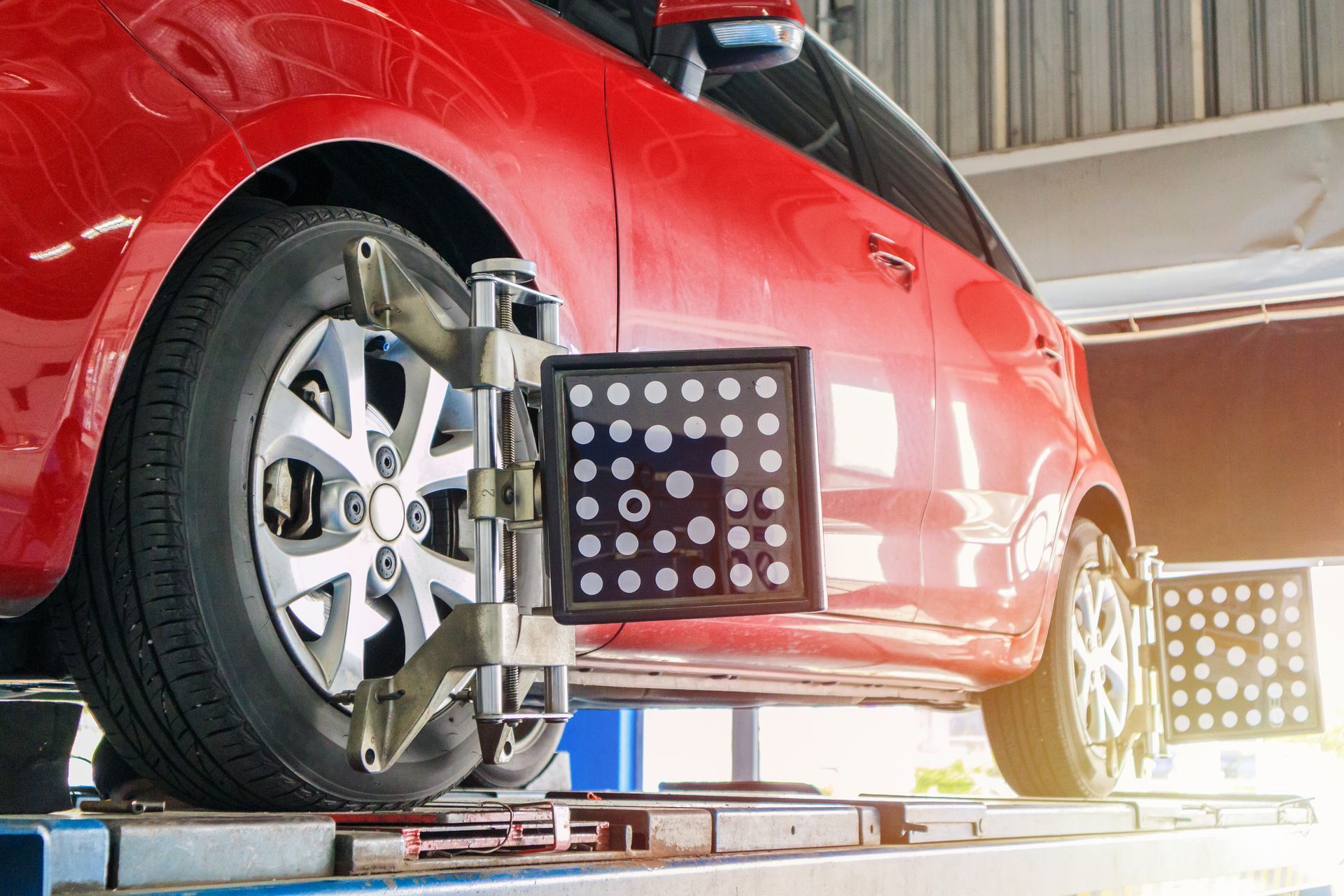Picture yourself cruising down the open road, feeling the breeze gently blow through your hair. But beneath the seemingly smooth ride lies a critical factor that can significantly impact your safety and driving experience – tire inflation. Driving with improperly inflated tires might seem like a minor concern, but the reality is far more perilous.
1. Reduced Handling and Control
Underinflated tires can significantly impact your vehicle's handling and responsiveness. Steering becomes less precise, and your ability to maneuver quickly to avoid obstacles or navigate tight turns is compromised.
2. Increased Stopping Distance
Properly inflated tires offer better traction and grip, allowing your vehicle to stop more efficiently. Underinflated tires require a longer stopping distance, particularly in wet or slippery conditions, increasing the risk of collisions.
3. Blowout Risk
Underinflated tires generate more heat as they flex and distort during driving. This heat buildup can lead to tire blowouts, causing sudden loss of control and potentially catastrophic accidents, especially at high speeds.
4. Reduced Fuel Efficiency
Driving with underinflated tires can negatively impact your vehicle's fuel efficiency. As your tires encounter more resistance due to improper inflation, your engine has to work harder, consuming more fuel and leading to decreased mileage.
5. Uneven Tire Wear
Improperly inflated tires wear unevenly. This not only shortens the lifespan of your tires but also leads to an imbalanced ride, contributing to handling issues and potentially necessitating premature tire replacement.
What Preventative Measures Can I Take?
Regular Tire Checks
Make it a habit to check your tire pressure at least once a month and before long trips. Refer to your vehicle's owner's manual for the recommended tire pressure values.
Proper Inflation
Ensure that your tires are inflated to the manufacturer's recommended pressure. This information is often found on a sticker inside your vehicle's door frame or in the owner's manual.
Seasonal Adjustments
Remember that tire pressure can change with temperature fluctuations. Cold weather can cause tire pressure to drop, so be mindful of seasonal adjustments.
If you are from Palmer, AK, or the surrounding area, Edmonds Import Auto is here to help in any problematic car-related situation, so don't hesitate to call us! An even better option is to regularly schedule maintenance appointments to avoid the aforementioned problems and have a smooth ride.
